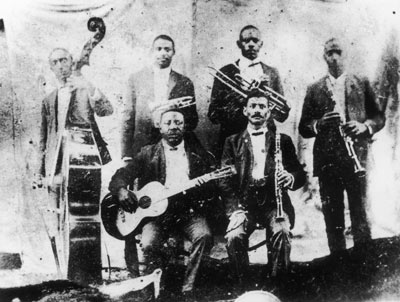Listen to this poem using the player above.

First Night of Summer, 2010
At the Mobil station on the corner of Quail and New Scotland,
an obese man in a tank top delivers a lawnmower from the trunk
of his NASCAR-stickered beater to a young man in the latest
summer fashions. The obese man plops back into the driver’s seat,
reaches an arm through the open window to haul the door shut,
cranks up the radio, loudly injecting a surprising R&B track
into the first night of summer. Did the Indian or Pakistani or Sri Lankan
cashier in the Mobil station ever imagine himself here?
Did he play soccer or cricket as a child back home, dreaming
of the night when he’d sell Cheetos and Double Chocolate Milanos
to another obese man in dirty shorts, while R&B blared
and nervous SUV drivers stopped on the way to the suburbs?
Did any of us dream of this night? We sat on our mothers’ laps,
had our backs rubbed, dreamed of being paleontologists
or marine biologists or superheroes, not of schlepping to the gas station
to buy crap before the Red Sox game. In case you hadn’t guessed,
I’m the Second Man, one before Welles and not that many pounds off,
selling no wine before my time, plodding past the young and beautiful people
at the bars to get to the late-night sanctuary of those with no place else to go.
How the fuck did this happen? Where did the dumpster in my driveway
come from? Who put all those memories in there?
I want my mother, or at least the possibility she represented.
I want to go home, but I’m already there, and there’s a dumpster
in the driveway, and in a few days the men will come and haul it away.
.














